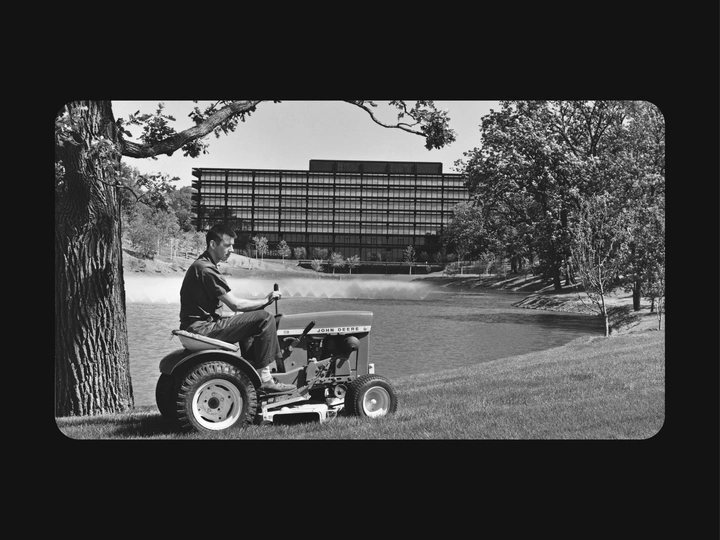Primordial Outcomes

Hyun Vin Kaspers
Hyun Vin Kaspers is an architectural designer and strategist operating from Amsterdam. He holds a degree in architecture from the Delft University of Technology and an AA Diploma from the Architectural Association in London. His graduate thesis examined the establishment of a new international order through the architectural device of the Nuremberg Courtroom. Since 2019 he runs the spatial practice Complicit, providing architectural services on projects like: ‘i'm a girl you can hold IRL’ at the Maxim Gorki Theatre (Berlin) in 2024, and ‘Ole Scheeren: Spaces of Life’ at the ZKM (Karlsruhe) in 2022. And in 2023 he co-founded Eolith with Noah Gotlib. Previously he has worked for several international architecture practices and quasi-government organisations, working on projects like: ‘After Nature’ at the Humboldt Forum (Berlin) in 2021, Countryside: The Future at the Guggenheim (New York) in 2020, and the new Schiphol Airport Terminal (Amsterdam) in 2017.
Noah Gotlib is an architectural designer and researcher based in Toronto. He studied at Toronto Metropolitan University and holds a M.Arch/AA Diploma with commendation from the Architectural Association in London, where he has taught design studio and tutored various workshops. His graduate thesis studied the breakdown of infrastructure systems in the American Midwest. Since 2020, he has developed the project, Crumbling Land, into an artistic practice studying climate-driven intentional abandonment across North America. In 2023, he co-founded Eolith with Hyun Vin Kaspers. He has previously worked for several international architecture practises in the UK, US, and Canada, working on projects like the public realm of the National Gallery 200 (London) in 2023, redevelopment of Nyugati Railway Station (Budapest) in 2022, and ‘Letters to the Mayor’ exhibition at DX Edit (Toronto) in 2017.
‘It will be possible in this building to look across the court and see your fellow man, or sit on a bench in the garden and discuss the problems of Southeast Asia.’
In 1964, when Kevin Roche spoke these words about the atrium garden of his Ford Foundation building, American geopolitical power had expanded to a planetary scale. The new institutions of the postwar international order such as IBM, General Motors, and Bell Labs began to build vast campus gardens which would project their influence, whilst immersing their staff in soothing nature. This architectural expression progressively turned inwards, gardens enclosed within monolithic buildings, which reflected the desire for control over complex global systems through the rationalisation and confinement of external environments.
In the half century since Roche’s comment, pastoral landscape design, the distinguishing feature of American corporate prestige, can now be found in shopping malls, co-working spaces, and airports across the globe. In order to survive, these gardens have become hyper-mechanised, further integrating into the built environment, while promoting imagery of a primordial world.
Primordial Outcomes interrogates how the representation of nature is used to both obfuscate and communicate ideology and how the entanglement of architecture, ecological sciences, managerial technologies, and the military-industrial complex shaped the modernist landscapes that surround us. It provides a framework from which to subvert such spaces and make the institutions, at the wellspring of this historical trajectory, more reflective and propositive to our contemporary condition.
The project has its origin in academic work conducted by both Hyun Vin and Noah during their studies at the Architectural Association. As Eolith they combined their shared interests and continued to further develop its theoretical framework through archival research, architectural analysis, writing, and exhibition proposals.